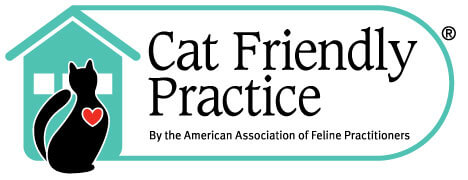Any cat lover can tell you how special felines are. They fill us with joy, laughter, and companionship. And because cats are such a unique animal, they have unique needs in their health care and even in the environment in which they receive their health care. We are proud to be a certified Feline Friendly practice. It means that we cater to the needs that felines have – we limit exposure to dogs, we pay attention to what they see, smell, and hear, and we train our staff to handle and interact with your cat in a way that minimizes stress. We do it because we care. We do it because you care.

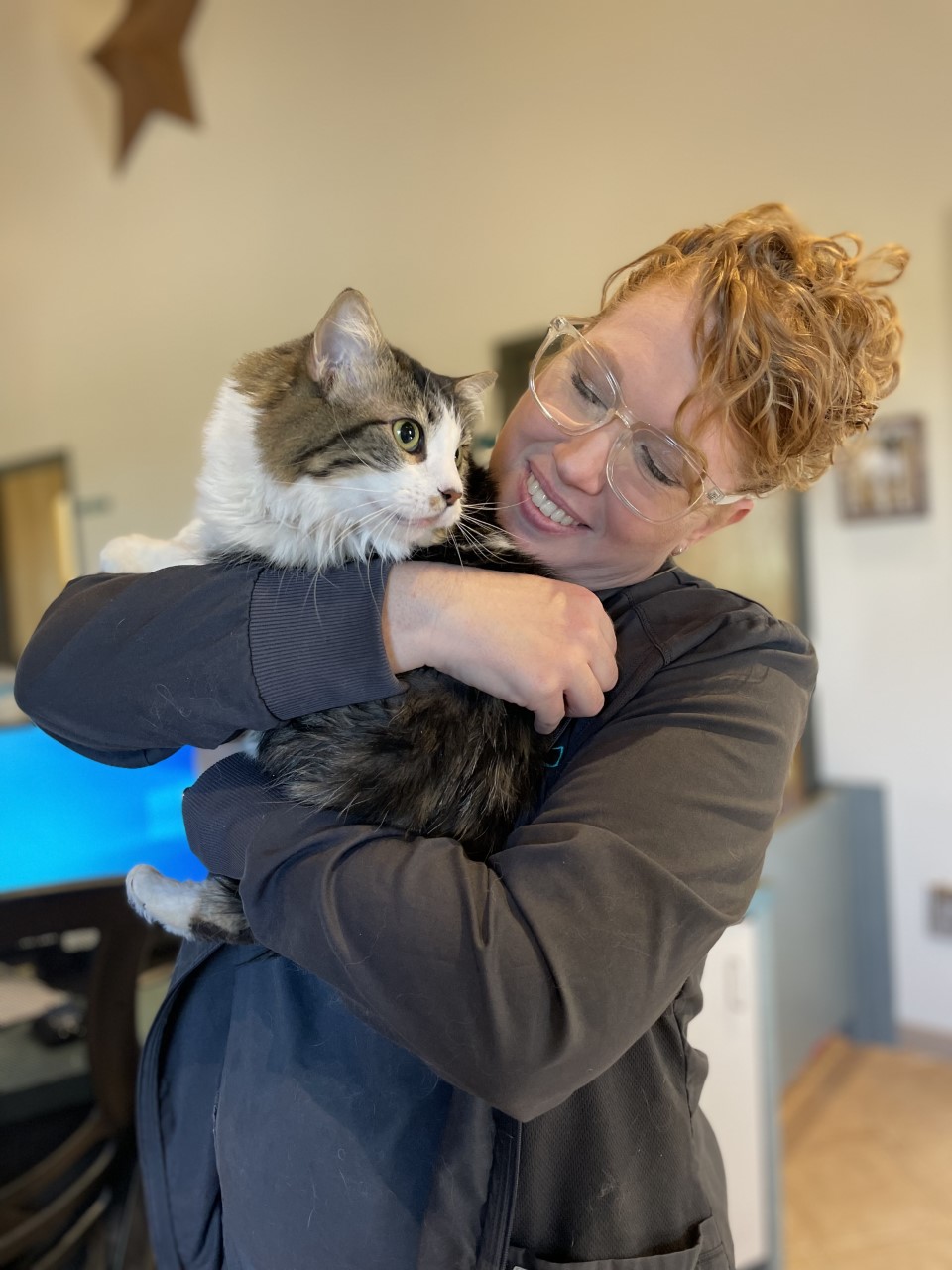

Cat-Friendly Attitude –The veterinary team is trained to speak softly, avoid direct eye contact with your cat, and move slowly. They know these actions help keep your cat calm and feeling in control. If any team member sees your cat becoming stressed or anxious, they will pause the check-up, let your cat take a break, and resume when she is calmer.
Educated Staff – Each Cat Friendly Practice® has at least one Cat Advocate who ensures all team members are trained to understand and handle them gently and respectfully. They can answer all of your questions and explain the specific cat-friendly features at the practice.
Gentle Handling – Team members use a “less is more” approach when examining your cat, without using heavy restraint which could frighten, stress, or arouse your cat. Your cat’s check-up may take place on the table, floor, or in the veterinarian’s lap wherever your cat is most comfortable.
Advice – Cat Advocates provide you with feline-specific tips, like how to get your cat comfortable with the carrier before the visit. They can also advise you on how to transport your cat to the veterinary office in a way to reduce stress associated with the visit for both you and your cat.
Waiting Area – Each Cat Friendly Practice® has a waiting area just for cats or an alternative to decrease waiting room stress (i.e. cat-only appointment times, bringing your cat right to the exam room, etc.). This allows your cat to stay away from the sight, sound, and smell of other animals. Cat Friendly Practices know these can cause anxiety for cats.
Cat Comfort – Look for areas off the ground where you can place your cat carrier; towels to cover the carrier; separate cat entrances and resources; soft mats or towels on exam tables are a few examples of special enhancements many Cat Friendly Practices® offer.
Hospitalization and Boarding Areas – If your cat needs to stay at the practice for a longer period of time, Cat Friendly Practices® ensure they are as comfortable as possible. They have soft bedding and “safe havens” or hiding spots where your cat can retreat to feel safe. These types of features help reduce your cat’s stress while she is hospitalized or recovering from a procedure.
Scent Sensitive – Cat Friendly Practices® use a synthetic feline pheromone diffuser or spray in which chemical signals helps keep cats calm. Look for diffusers in the waiting area or examination rooms, or for towels that have been sprayed.
Comprehensive Care – Cat Friendly Practices® provide a thorough feline health care check-up. They will also leave the parts of the check-up that might be most uncomfortable for your cat until the end. This helps keep them calm throughout the rest of the exam. They will also spend time discussing other important topics for your cat such as a nutritional assessment, possible changes in behavior, weight, prevention, and healthcare plans.
No Rushing – Cat Friendly Practices® know your cat needs time to get used to the new environment. So they do not rush your cat or the check-up. This helps keep your cat calm and allows the veterinarian to conduct a thorough exam.
Cat-Specific Resources – Cat Friendly Practices® can provide you with helpful client brochures and educational materials on important health care topics. Examples include: How Do I Know if my Cat is in Pain, Your Cat’s Environmental Enrichment, Feline House-Soiling, Vaccinations for your Cat, and Getting Your Cat to the Veterinarian.
Equipment and Facilities – Cat Friendly Practices® have equipment and facilities suitable for cats. After all, cats are not small dogs. Some of these areas include pain management, operating and anesthesia, dentistry, diagnostic imaging, and lab facilities.
Reference
“What to Expect at a Cat Friendly Practice.” Cat Friendly Homes. Accessed January 8, 2020. https://catfriendly.com/keep-your-cat-healthy/cat-friendly-practice/expect-cat-friendly-practice/
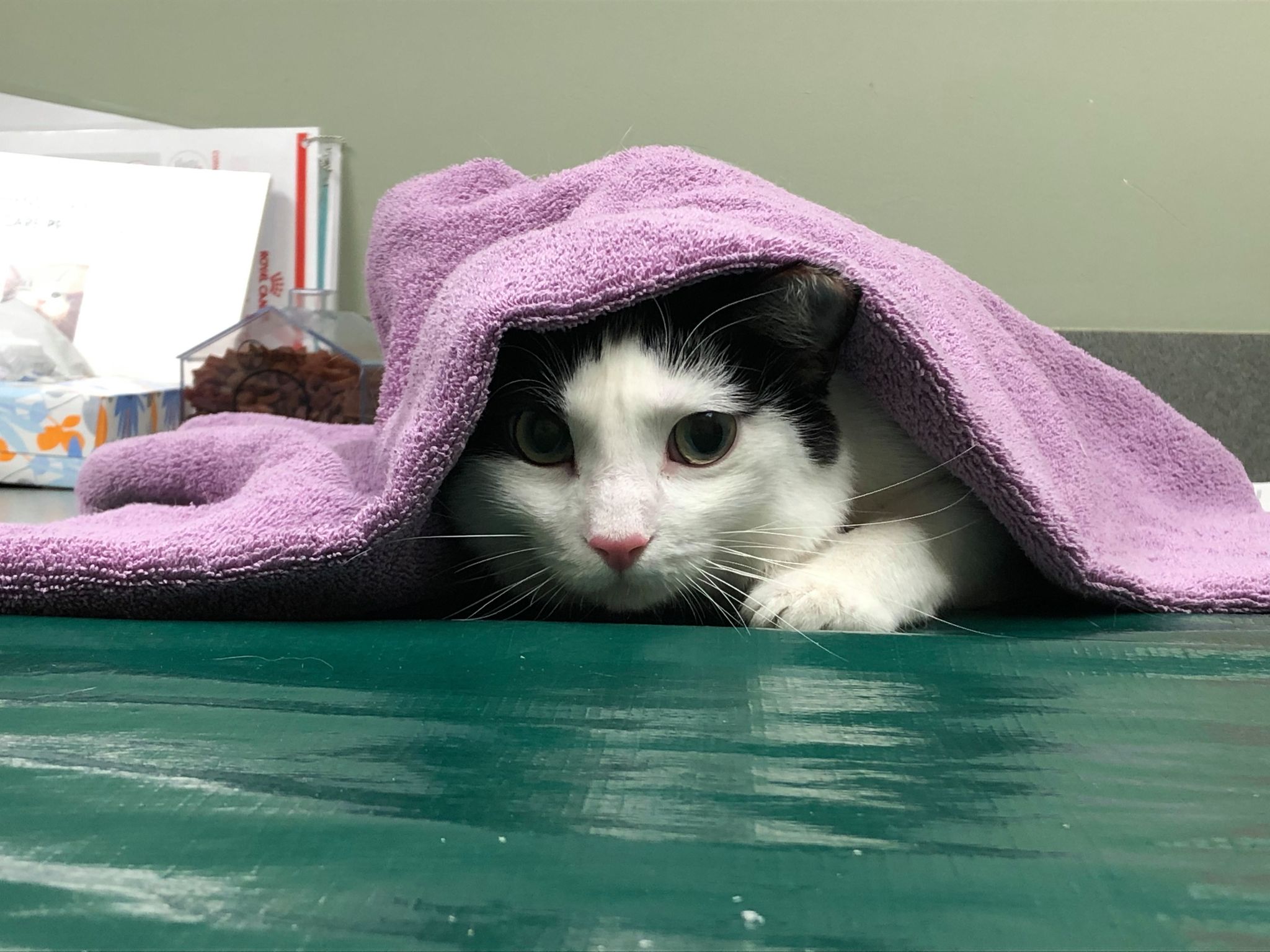
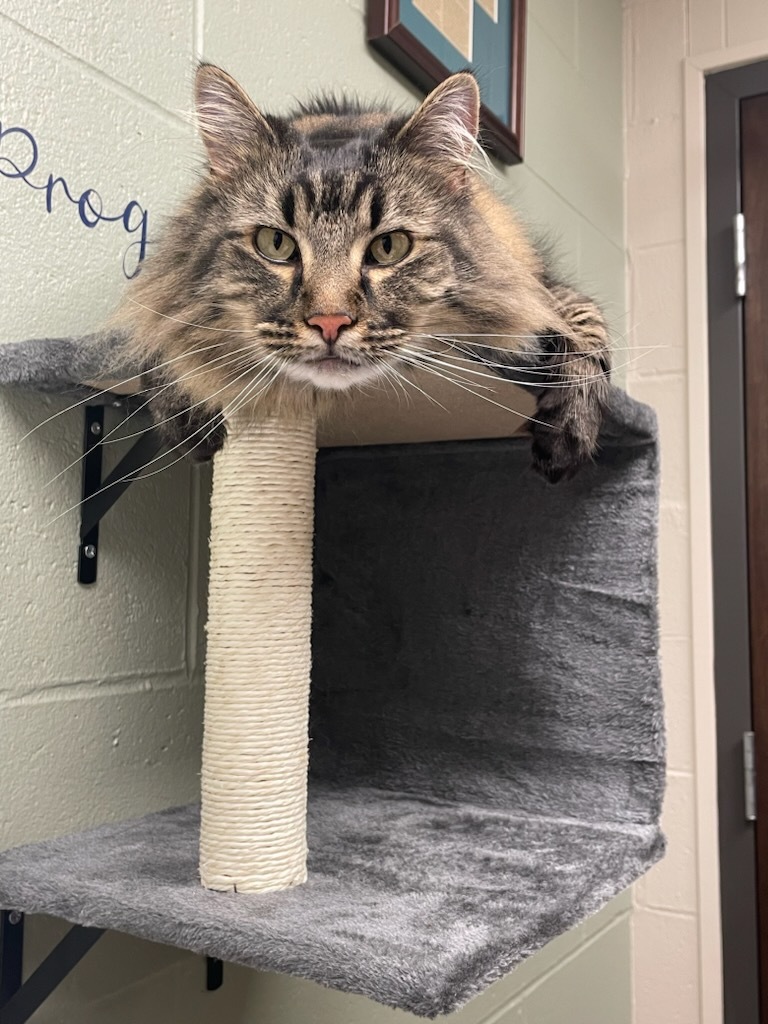
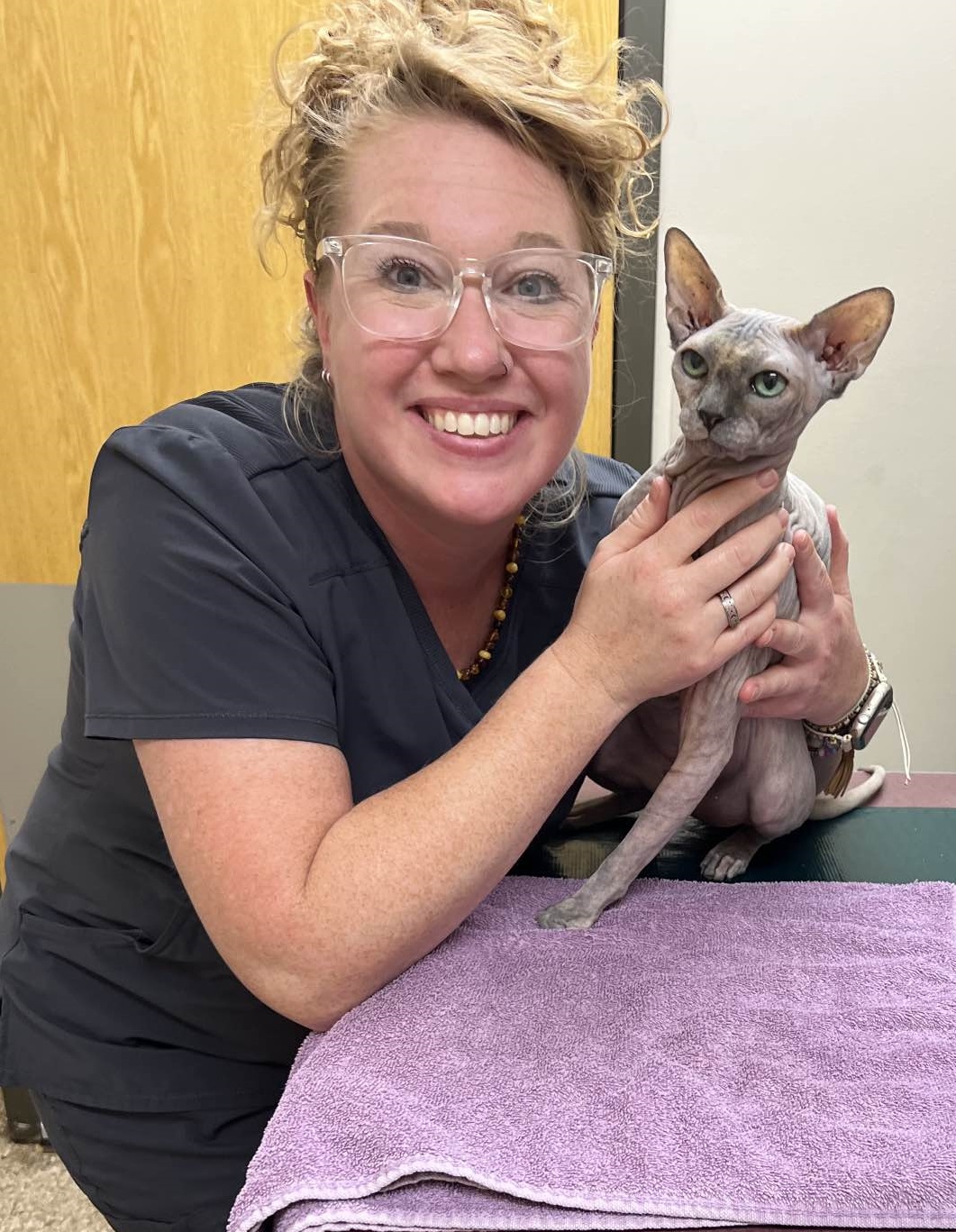
Cat Friendly Practices® take extra steps to provide the best care and experience for you and your cat.
You can expect your Cat Friendly Practice® to:
- Understand the unique needs and behaviors of cats.Have a feline-friendly environment and make veterinary visits more cat-friendly.
- Understand the unique needs and behaviors of cats.Have a feline-friendly environment and make veterinary visits more cat-friendly.
- Have the appropriate equipment and facilities needed to diagnose and treat feline patients.
- Meet specific standards for the facility and care of hospitalized cats.
The Cat Friendly Practice® program is designed to:
- Help reduce stress associated with veterinary visits. Improve the quality of care provided.
- Support the veterinary team so that the entire staff is educated and knowledgeable about your cats’ distinct needs and behaviors.
